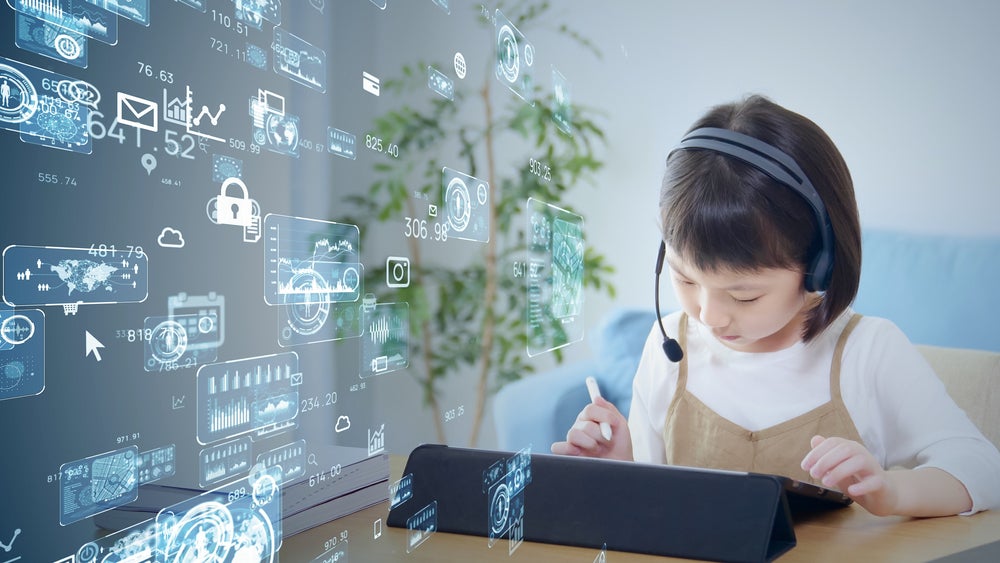South Korea recently announced its plan to become the first country to revolutionise its education system through the introduction of tablets loaded with artificial intelligence (AI) features to classrooms across the country.
While innovative, the proposal has prompted a nationwide discussion. Parents and academics alike have voiced their concerns about the potential overexposure of children to digital devices and how this may impact brain development in their formative years, among other worries. But should other countries be following suit?
The first education overhaul of its kind in the world
The education ministry in South Korea believes the integration of AI-powered digital textbooks is a crucial part of its plan to revamp the national school system. The apps will be introduced in 2025 for all subjects—excluding art, PE, music, and ethics—and students as young as eight will be using this technology to aid their learning.
The tablets will enable each student to have a learning plan tailored to their needs, with the software assessing the student to determine whether they are a ‘fast’ or ‘slow’ learner. The students can then be given a variety of AI-generated tasks with differing levels of complexity.
The government in South Korea is calling on the likes of Samsung and LG to develop these AI education tools, but so far has provided little clarity on exactly how the digital textbooks will work, or how students will be protected from AI ‘hallucinations’ and misinformation.
South Korea plans to move from rote learning to tablets
Despite consistently ranking among the highest-performing countries globally in terms of academic results, South Korea is taking action due to legitimate concerns surrounding the traditional memorisation and repetition-based method of rote learning.

US Tariffs are shifting - will you react or anticipate?
Don’t let policy changes catch you off guard. Stay proactive with real-time data and expert analysis.
By GlobalDataWhile it can be an efficient and effective technique to quickly memorise information, the retention of this information can be short-lived if students simply regurgitate the facts they have learned and do not develop a deeper understanding of the material.
Furthermore, and perhaps more crucially, rote learning is often criticised for stifling creativity and critical thinking. The current obligation to memorise large quantities of information and regurgitate it during an exam, without questioning or analysing what has been learned, can impede the development of skills such as creative problem-solving and critical thinking, both of which are crucial in real-world situations. This is particularly relevant in the case of South Korea, as the country seeks to reduce its dependence on traditional manufacturing industries.
Observers are wary of the government’s plans
Many in South Korea view the government’s proposal as potentially more harmful than helpful, with valid concerns about whether the side effects on children of greater exposure to digital devices and AI have been adequately assessed.
Some feel that such a hasty introduction of this technology to the classroom is largely due to the desire to be seen as being ahead of the curve in terms of innovation. Excessive screen time is, after all, known to negatively impact brain development in children, in particular concentration span and problem-solving ability.
Other concerns of parents and the general public centre around the safety of AI technology itself, with its tendency to ‘hallucinate’ and spread false information presenting an obstacle to children’s education, rather than an aid.
The technology could also put students at risk of having personal information leaked, or encourage plagiarism. While this proposal from South Korea counters the trend of reducing children’s access to smartphones and tablets in schools seen in other developed countries, time will tell if the move is successful.









